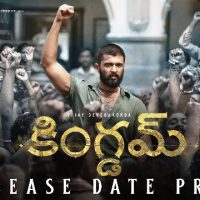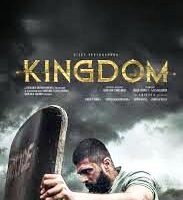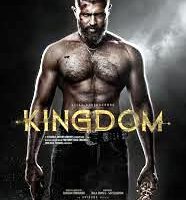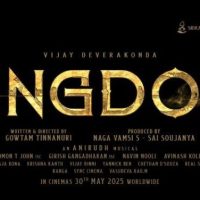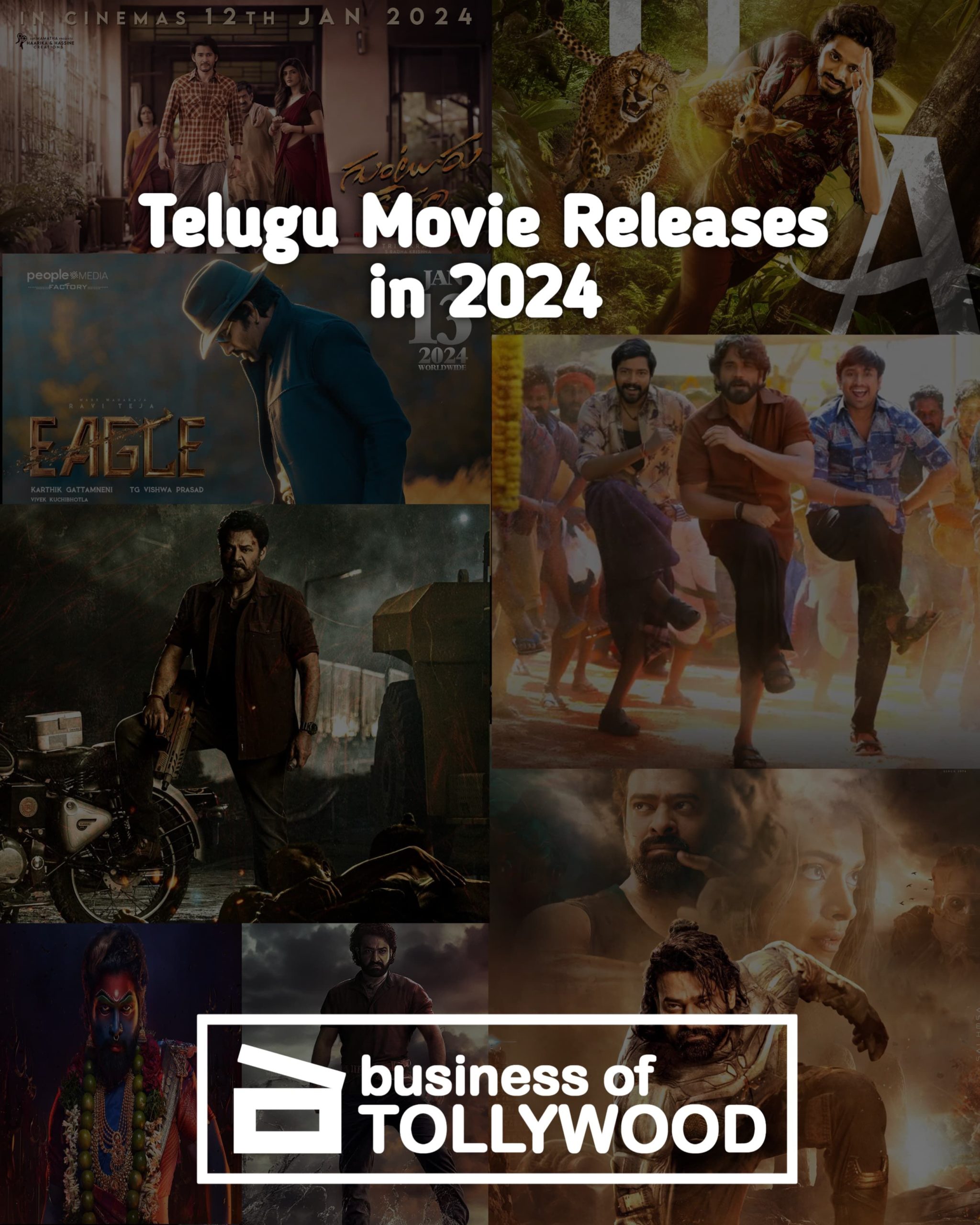
Ganesh Kumar Ravuri interaction With Media
I take the comparisons with Trivikram as a compliment: writer Ganesh Kumar Ravuri
Journalist-turned-film writer Ganesh Kumar Ravuri, who penned the dialogues for Varudu Kaavalenu, starring Naga Shaurya and Ritu Varma, has hogged the limelight ever since the film hit theatres on October 29. His ability to convey the emotion in a sequence in a conversational style with a pinch of humor has caught the attention of one and all, including critics and audiences alike.
With the film, directed by Lakshmi Sowjanya, drawing crowds to theatres and having a successful run at the box office, the writer looked back at the film’s making and reminisced the happy memories that brought out the best of his abilities in a media interaction.
On how he bagged the opportunity to do Varudu Kaavalenu.
Sithara Entertainments was working on the subject for over two years. Producer S Radha Krishna (China Babu) garu impressed with my writings, felt that I could do justice to the story and asked me to come up with a dialogue version and that he would take a call after the same. As I went on to write one scene after the other, he and the team went through my versions and were convinced that I was a good fit for the project. Earlier, I was part of the writing team for films like Lovely, Police Police, Sarada (shelved) and Solo Brathuke So Better. However, this is the first project that I took up as a full-fledged dialogue writer.
On the making of the film, what appealed to him about the story:
In the story, I liked the fact that the girl falls in love with the guy twice and felt that the film had depth, which offered enough scope for me as a dialogue writer. I first narrated my lines to the director and China Babu garu ; they suggested me minor corrections. This is a film where the characters have set boundaries. Each of them has a secret, but keep it to themselves and talk something else. For some scenes like the one involving Anand (garu), the interval conflict, the climax and Murali Sharma’s confrontation with Nadhiya, I revisited my version once again a day before the shoot to enhance the impact.
On the transition from a journalist to a film writer:
Be it media or in films, I always treated myself as a writer first and had enough confidence in myself to take the story forward through my dialogues. I didn’t approach the script like a journalist and my sole intention was to entertain audiences. At the same time, I didn’t want the critics to write off the film. This isn’t any pathbreaking story here and the film is driven by the entertainment quotient; I wrote it with the hope that all kinds of audiences would identify with the treatment.
Challenges with the writing:
I was slightly apprehensive about the story and creating entertaining characters like that of Himaja, Vennela Kishore, Pammi Sai, Praveen, Sathya and Saptagiri without deviating from the core plot was a true challenge. This film would have been easier to write if the makers had taken a regular commercial approach but they truly believed in the story and wanted to deal with it sensitively.
On the popular comedy track with Sapthagiri about lags:
Filmmakers like Trivikram garu and Sreenu Vaitla garu have the habit of introducing new characters across many situations and we got one such opportunity with the characters of Pammi Sai and Sapthagiri. As storytellers, our idea was to delay the inevitable (i.e. the conversation between Naga Shaurya and Ritu Varma) and still keep the audiences glued to the screens. We felt we had to bring in a strong, energetic comedy track to hold onto their attention.
Sapthagiri’s part was initially not there in the story. We only had Pammi Sai’s character. Vennela Kishore was to take part in the schedule but couldn’t do it owing to his other work commitments. We needed an entertaining chunk in the story. In contrast to Pammi Sai’s lazy character, we came up with an impatient, restless character that’ll suit Sapthagiri’s body language just two days before the schedule. I am happy that people now want to see more of Sapthagiri’s character in the film; it’s a sign that we did our job well.
I take it as a compliment that people couldn’t differentiate between Trivikram’s dialogues and my scenes in the film. A lot of people try to emulate, imitate Trivikram’s style of writing and I certainly wouldn’t have got the appreciation for Varudu Kaavalenu if I didn’t have my individuality. Trivikram’s strength as a writer is to convey complex emotions in simple, crisp one-liners and that’s the only aspect I tried to incorporate in my writing as well. I wanted to be honest with the characters first and tried to structure the dialogues like regular conversations. He didn’t compliment me directly but I’m thrilled that he praised me on the stage at the pre-release event.
On the difficulties of coming up with an entertaining screenplay and writing dialogues:
I don’t see screenplay and dialogue as two different aspects. They’re a package of sorts. As a writer, my job is to tie up all the ends in the story well and keep viewers invested in the film for a couple of hours. I purposely weaved in the track between Nadhiya (garu) and Naga Shaurya so that they have a stronger reason to come together in the climax. This is ultimately teamwork.
For instance, I wished there was more fun in the flashback episode but the team thought that it would break the emotional flow in the movie. The scene where Murali Sharma asks if we give birth to children only to get them married was inspired by what China Babu (garu) had told me in the past. Not many had discussed this from a girl’s perspective. It’s important to look at the larger picture and view the film as a collective effort.
About director Lakshmi Sowjanya appreciating his contribution to the film:
It’s extremely gracious of the director to give me due credit for the success. I was more than a dialogue writer for the film, working every day on the set, reworking the scenes, making minor improvisation till the final copy was readied. It’s her first film as well and it’s satisfying when she trusts you fully. She saw me as a core team member. Creative differences are common in a team but such healthy discussions, arguments are quite important for a film to turn out well. We all stayed true to the vision of China Babu (garu). I don’t think we’ve had such a dignified love story in recent times where the lead actors barely even touch each other.
Compliments for the film and the road ahead:
I invested all my energies into the film and was nervous about how would people respond to my dialogues or writing before the release. I am relieved now. Several people applauded me for my work. China Babu’s (garu) compliment is something I treasure the most. He was the first audience for the film. He is someone who barely laughs and he was smiling all the way while reading my script. He told me that if you can make me laugh, the film is in safe hands. The responses from the media fraternity have humbled me as well. I have a few ideas in mind which I may develop into full scripts soon. I want to be a writer as of now. I have plans to direct but will only do it when I’m confident.



